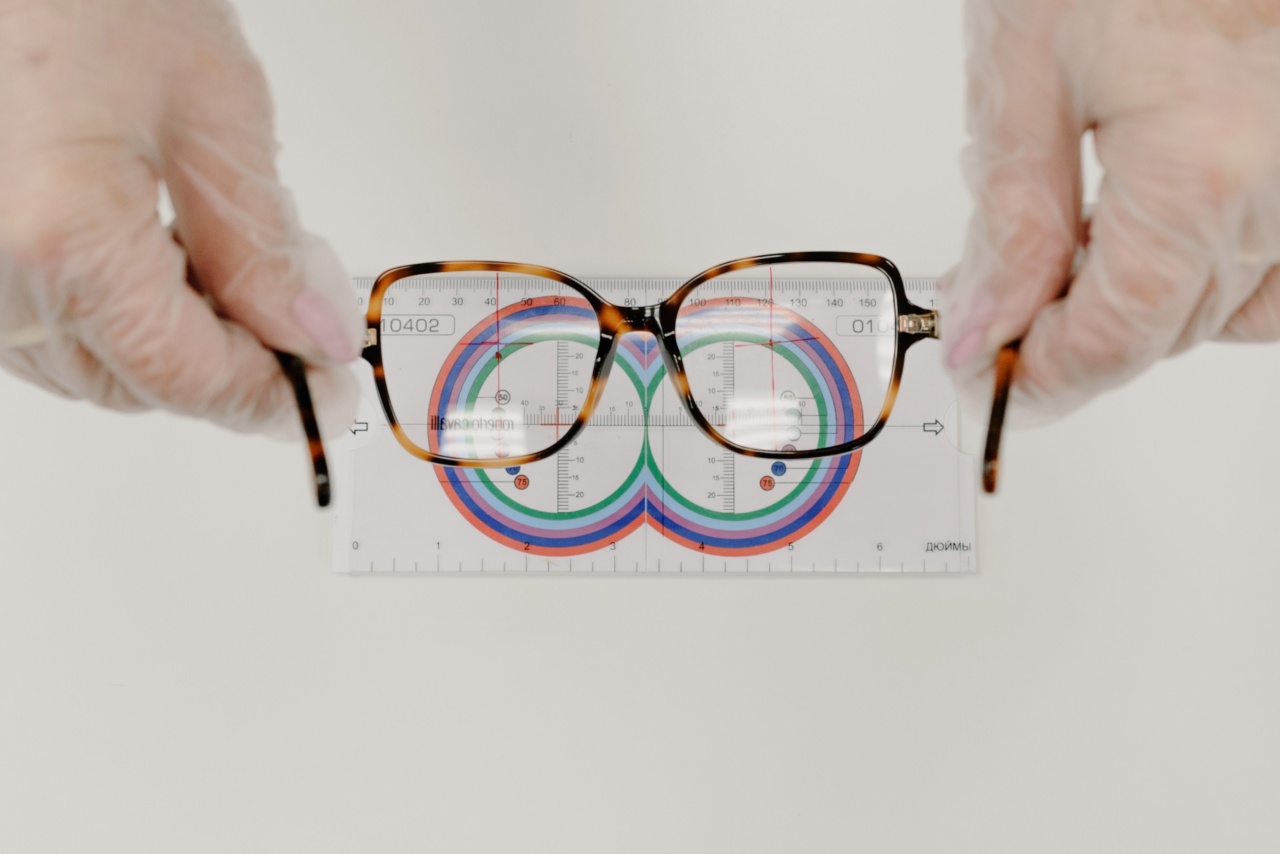The thyroid gland is one of the most important glands in the human body. It is a butterfly-shaped gland located in the neck, just below the Adam’s apple.
The thyroid gland produces hormones that regulate metabolism, which is the process by which the body converts food into energy. These hormones also have an impact on your heart rate, body temperature, and even your mood. However, sometimes the thyroid gland fails to produce enough of these important hormones, which can lead to a condition called hypothyroidism.
This condition can have a number of visual indicators that are important to look out for. Here are some of the most common visual indicators of an underfunded thyroid:.
1. Dry Skin
If your thyroid gland is underactive, it can have an impact on your skin. One of the most common visual indicators of hypothyroidism is dry skin. The skin may become rough, scaly, and itchy.
This is because the thyroid hormones play an important role in the skin’s ability to retain moisture. When the thyroid gland fails to produce enough of these hormones, the skin can become dry and irritated.
2. Hair Loss
The thyroid hormones also play a role in hair growth. If your thyroid gland is not producing enough of these hormones, you may notice that your hair is becoming thin and brittle. You may also notice that your hair is falling out more than usual.
This hair loss can be gradual, and it may be more noticeable in the shower or when you brush your hair.
3. Brittle Nails
Hypothyroidism can also have an impact on your nails. The nails may become brittle and break easily. This is because the thyroid hormones also play a role in the growth and health of the nails.
When the thyroid gland is underactive, the nails may become weak and prone to breaking or splitting.
4. Puffy Face
If your thyroid gland is underactive, you may notice that your face is becoming puffy. This is because the thyroid hormones play a role in regulating the fluids in your body.
When the thyroid gland is not producing enough of these hormones, the body may start to retain fluids, which can lead to a puffy appearance, especially around the eyes and cheeks.
5. Weight Gain
One of the most common symptoms of hypothyroidism is weight gain. This is because the thyroid hormones play a role in regulating metabolism. When the thyroid gland is underactive, the metabolism may slow down, which can lead to weight gain.
This weight gain may be gradual, and it may be difficult to lose even with proper diet and exercise.
6. Muscle Weakness
If your thyroid gland is underactive, you may notice that your muscles are becoming weak. This is because the thyroid hormones play a role in muscle growth and repair.
When the thyroid gland is not producing enough of these hormones, the muscles may become weak and prone to injury.
7. Sluggishness
Hypothyroidism can also have an impact on your energy levels. You may notice that you are feeling more tired than usual, even after a good night’s sleep.
This sluggishness can be a result of the slow metabolism that can occur when the thyroid gland is not producing enough of the necessary hormones.
8. Constipation
If your thyroid gland is underactive, you may notice that you are experiencing constipation. The thyroid hormones play a role in regulating digestion and bowel movements.
When the thyroid gland is not producing enough of these hormones, the digestive system may slow down, which can lead to constipation.
9. Hoarse Voice
The thyroid gland is located in the neck, just below the Adam’s apple. The thyroid hormones play a role in the function of the vocal cords. If your thyroid gland is underactive, you may notice that your voice is becoming hoarse.
This is because the thyroid hormones play a role in the production of the mucus that lubricates the vocal cords.
10. Menstrual Irregularities
If you are a woman, you may notice that your menstrual cycle is becoming irregular if your thyroid gland is underactive. The thyroid hormones play a role in regulating the menstrual cycle.
When the thyroid gland is not producing enough of these hormones, the menstrual cycle may become irregular. You may experience heavier or lighter periods, or you may skip periods altogether.
Conclusion
The thyroid gland is an important gland that plays a role in many functions of the body. If the thyroid gland is not producing enough of the necessary hormones, it can lead to hypothyroidism.
There are many visual indicators of an underfunded thyroid, including dry skin, hair loss, brittle nails, a puffy face, weight gain, muscle weakness, sluggishness, constipation, hoarse voice, and menstrual irregularities. If you are experiencing any of these symptoms, it is important to speak with your doctor to determine the cause and appropriate treatment.






























